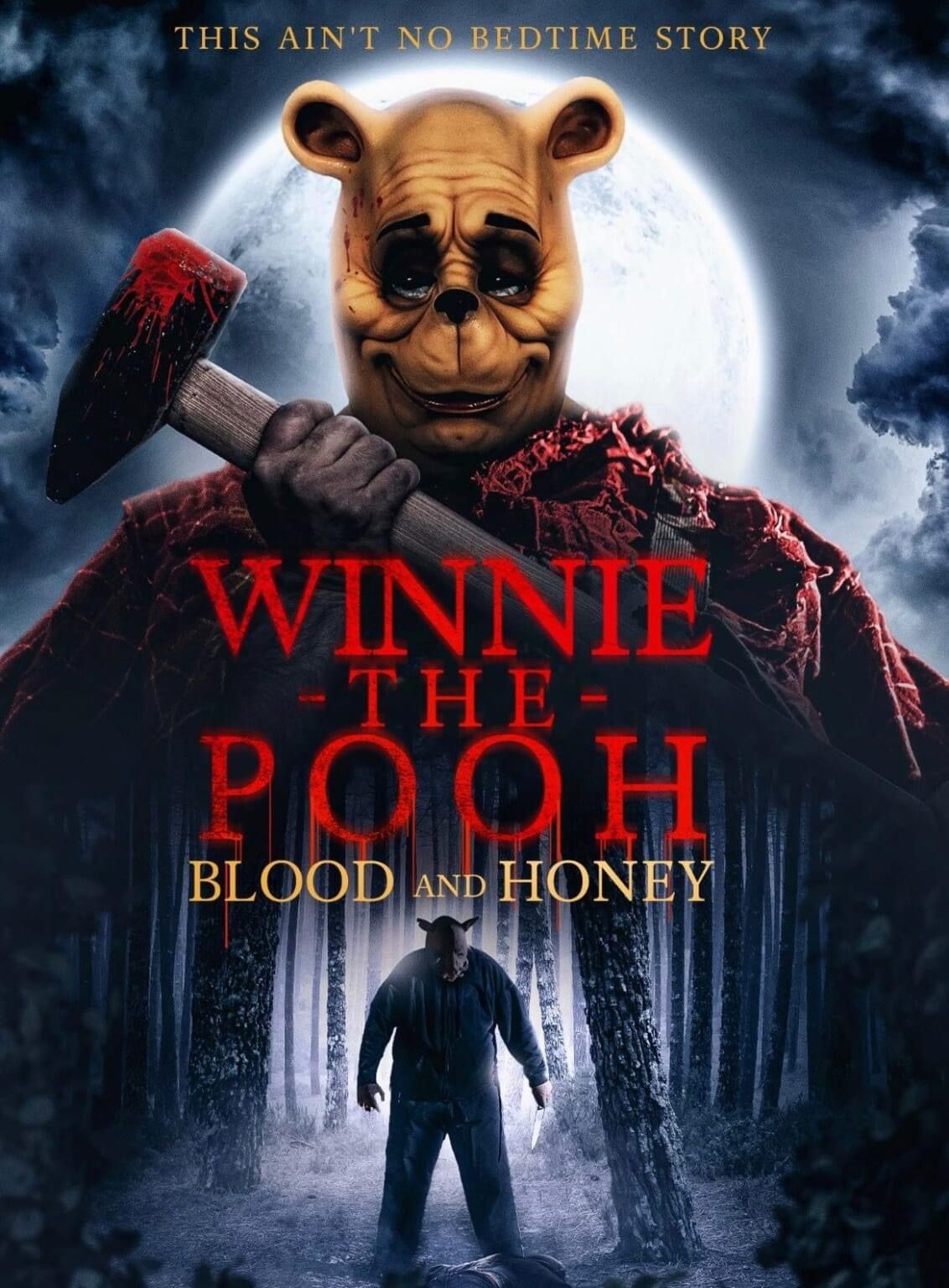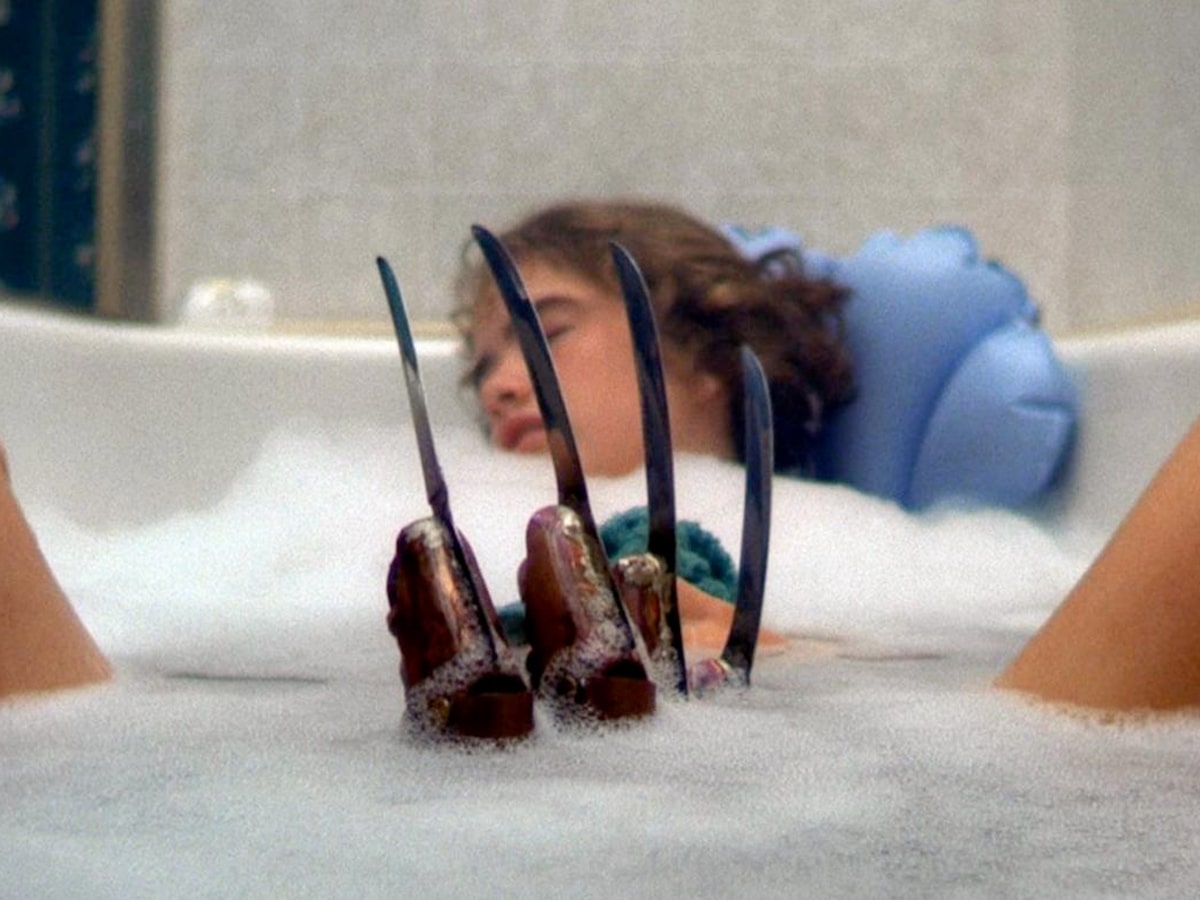Ideal Info About What's The Scariest Movie 1
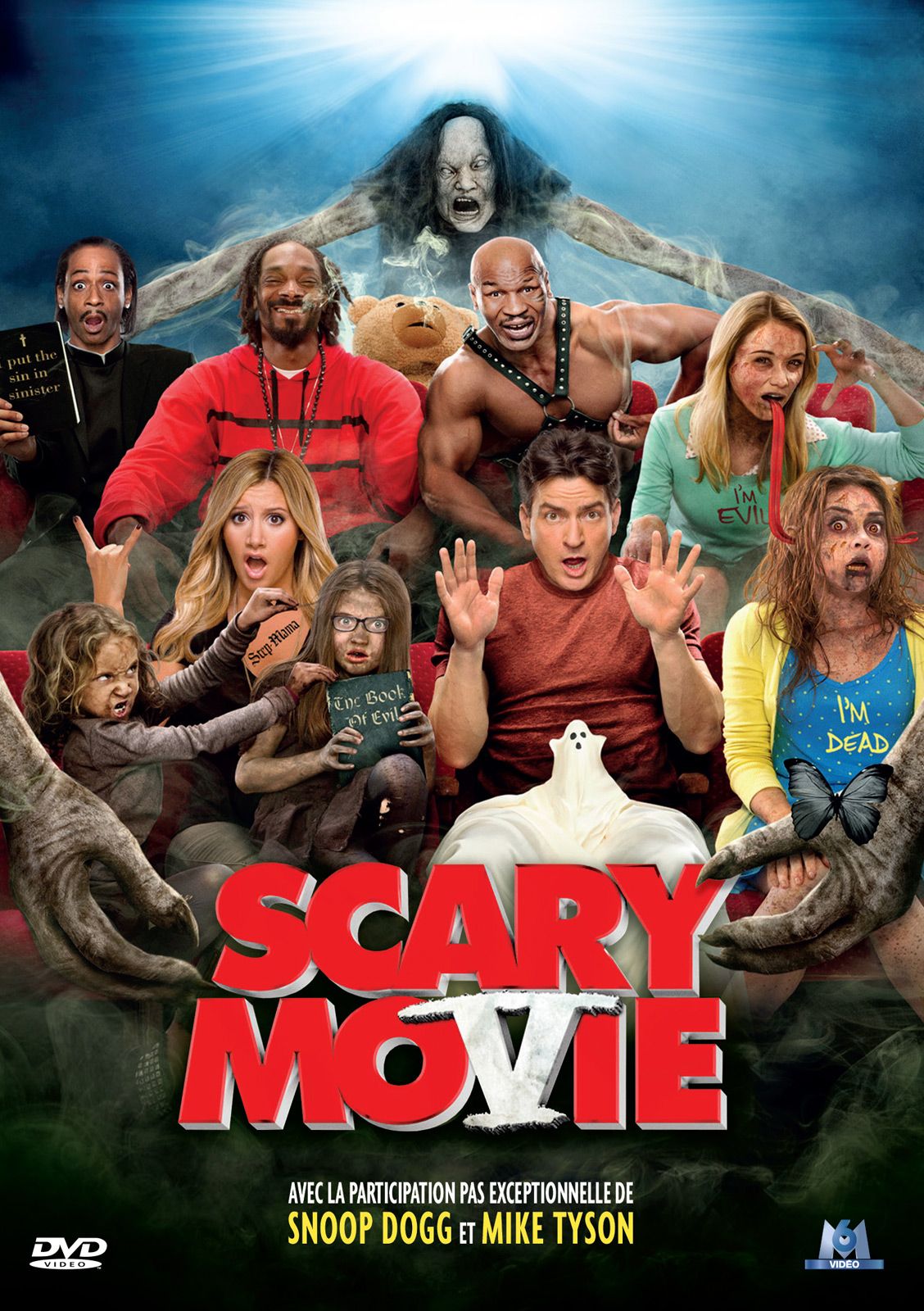
Group 33 Scary Movie Posters By Sarah Mohamed Vrogue.co
The Quest for the Ultimate Scare
1. Defining Fear
Okay, let's be real. We've all been there. Curled up on the couch, popcorn in hand, ready to have our socks scared off by... something. But what is it that truly makes a movie terrifying? Is it the jump scares that make you spill your drink, the grotesque visuals that linger in your nightmares, or something deeper, something that preys on your anxieties and deepest fears?
For me, a truly scary movie isn't just about cheap thrills. It's about atmosphere, suspense, and a story that sticks with you long after the credits roll. It's about those creeping dreads and psychological mind games that make you question everything.
There's a whole spectrum of horror out there, from slasher flicks with buckets of blood to psychological thrillers that mess with your head. Figuring out what hits your personal scare button is part of the fun. Do you prefer the supernatural, the suspenseful, or maybe a good old-fashioned monster movie? Knowing your preference is the first step in finding "the scariest movie 1" for you.
And hey, let's be honest, sometimes the scariest movies are the ones you watch alone in the dark! So, let's dive into some contenders for the title of "What's the Scariest Movie 1," keeping in mind that fear is a highly subjective experience.
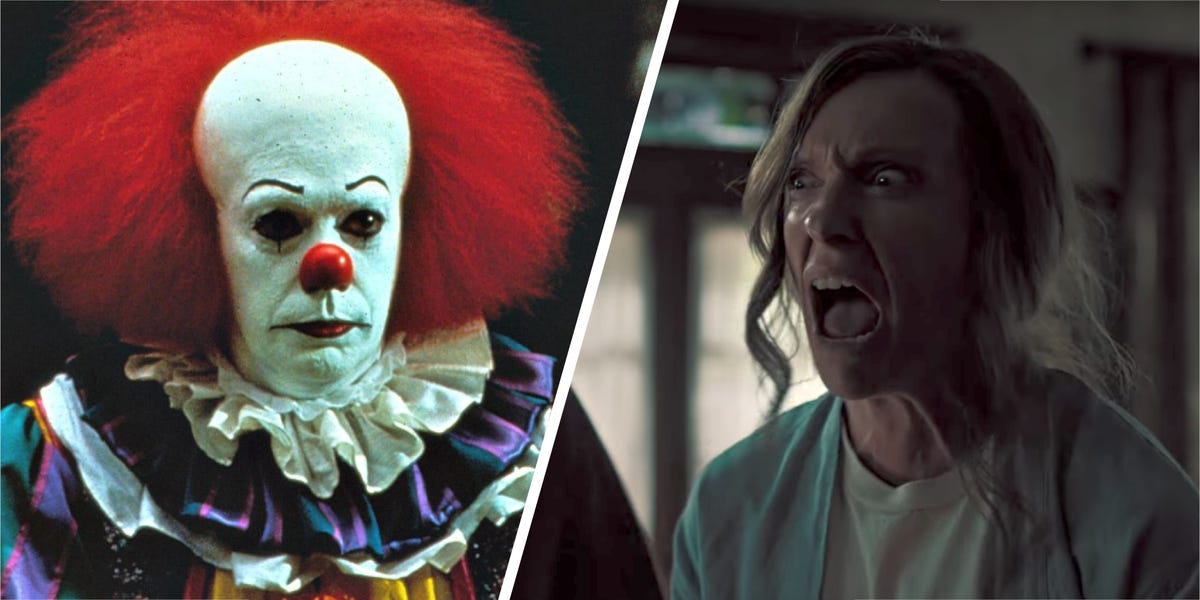
Scariest Hollywood Horror Movie
Classic Contenders
2. The Timeless Terrors
We can't talk about scary movies without paying homage to the classics. These are the films that laid the groundwork for modern horror, and they still hold up surprisingly well, even by today's standards. Think Hitchcock's "Psycho," with its iconic shower scene and masterful suspense. Or "The Exorcist," which, let's face it, is still profoundly disturbing decades later. And who could forget "Halloween," which gave us Michael Myers and a whole new appreciation for babysitters armed with knitting needles?
These movies worked because they understood the power of suggestion. They didn't need to show everything; they let your imagination fill in the blanks, which is often far scarier than any special effect. They also tapped into universal fears: the fear of the unknown, the fear of losing control, the fear of being alone in the dark.
Plus, many of these films dealt with taboo subjects, pushing boundaries and challenging societal norms. "The Exorcist," for example, confronted questions of faith and the existence of evil in a way that was both shocking and thought-provoking.
These classics continue to influence modern horror films, proving that a well-crafted story, compelling characters, and a healthy dose of suspense can be just as effective as, or even more effective than, jump scares.

Modern Masterpieces
3. Contemporary Chills
Of course, horror has evolved over the years. Modern horror films often explore deeper themes, tackling issues like trauma, grief, and social anxieties. Think of films like "The Babadook," which uses the monster as a metaphor for depression and the struggles of single parenthood. Or "Hereditary," which delves into the complexities of family dysfunction and the lingering effects of trauma.
These films aren't just about scaring you; they're about making you think. They stay with you long after you've left the theater, prompting discussions and forcing you to confront uncomfortable truths.
Another trend in modern horror is the rise of "elevated horror," films that prioritize atmosphere, character development, and psychological depth over cheap thrills. These films often draw inspiration from classic literature and art, creating a more sophisticated and nuanced horror experience.
So, while the classics established the rules, modern horror films are constantly breaking them, pushing the boundaries of what's possible and finding new ways to scare us.
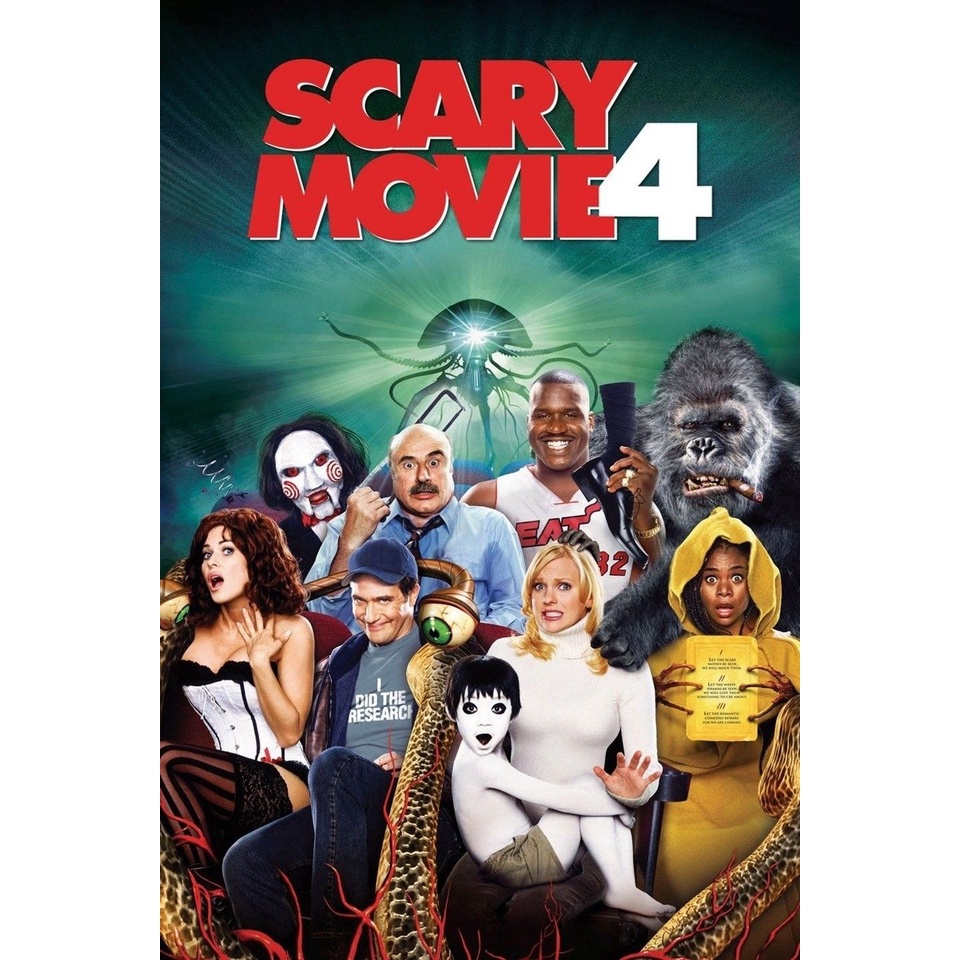
The Power of Psychological Horror
4. Mind Games
For some, the most terrifying movies aren't the ones with monsters and gore, but the ones that mess with your mind. Psychological horror films play on your anxieties, your fears, and your perception of reality. They create a sense of unease and paranoia that lingers long after the credits roll.
Films like "The Shining" are perfect examples. The isolation of the Overlook Hotel, the slow descent into madness, and the ambiguity of what's real and what's not — it all adds up to a truly unsettling experience. Then there's "Silence of the Lambs," which is less about jump scares and more about the chilling intelligence and manipulation of Hannibal Lecter.
Psychological horror often relies on subtle cues, unsettling imagery, and a sense of impending doom to create a feeling of dread. It's less about what you see and more about what you think you see. It taps into your deepest fears and insecurities, making you question your own sanity.
And sometimes, the scariest monster is the one that resides within ourselves. These films force us to confront our own darkness and to question the very nature of reality.
Finding Your Scariest Movie 1: A Matter of Personal Taste
5. Fear is Subjective
Ultimately, "What's the Scariest Movie 1?" is a matter of personal taste. What sends shivers down one person's spine might bore another to tears. Some people are terrified of clowns, while others find them hilarious. Some people can't handle gore, while others revel in it.
The key is to explore different genres and subgenres of horror and to figure out what your triggers are. Do you find supernatural horror the most frightening? Or perhaps you're more disturbed by realistic depictions of violence and depravity. Maybe you prefer a slow-burn suspense film that builds tension gradually.
Don't be afraid to step outside your comfort zone and try something new. You might be surprised by what you discover. And remember, it's okay to be scared! That's the whole point of watching a scary movie.
So, grab some popcorn, turn off the lights, and get ready to explore the dark side of cinema. Who knows, you might just find "the scariest movie 1" of your nightmares. Just don't blame me if you can't sleep afterward!
